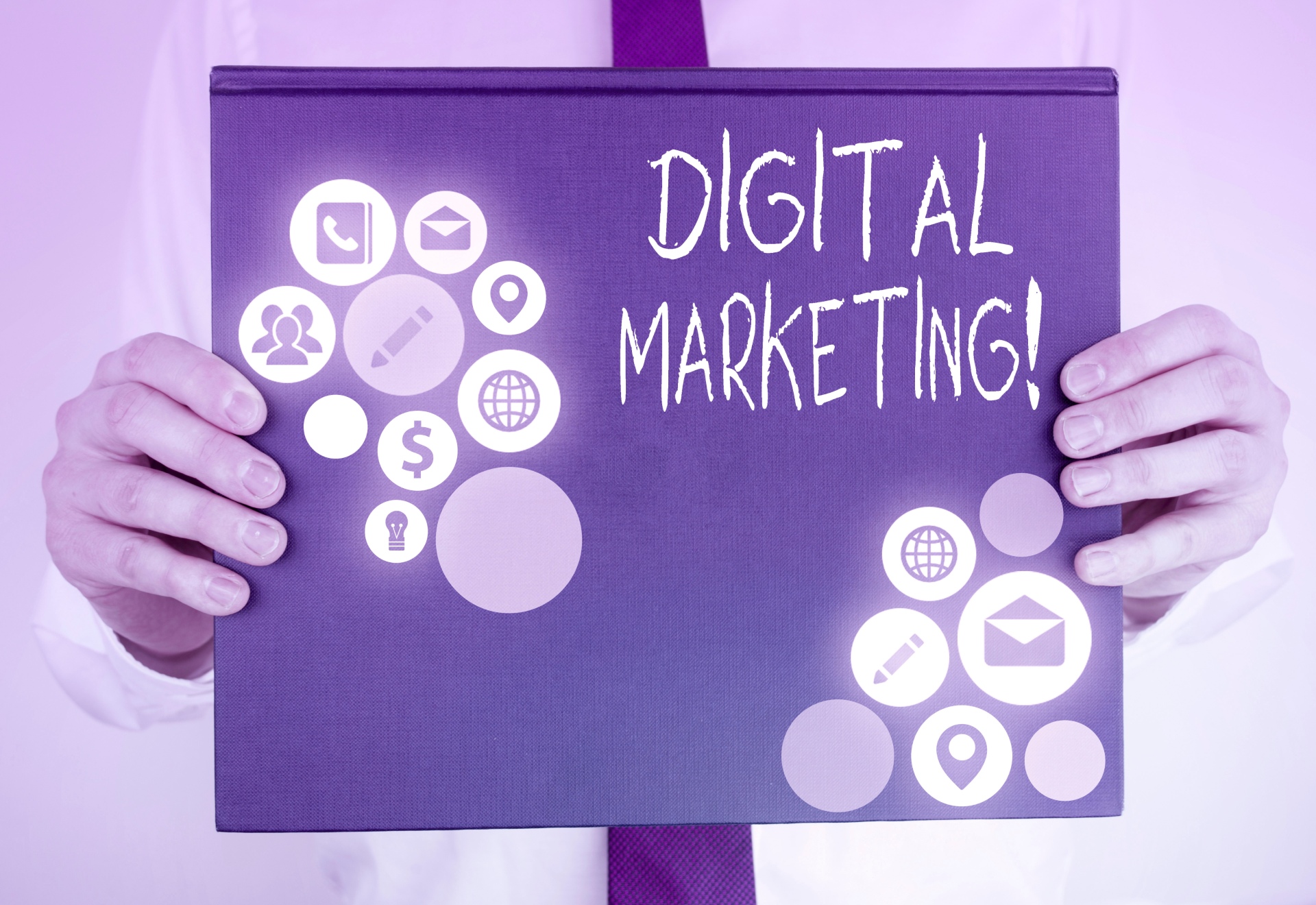Introduction: The AI Revolution in Digital Marketing
As we step into 2025, the digital marketing landscape is undergoing a monumental shift. Artificial intelligence (AI) is no longer a futuristic concept; it is now a cornerstone of modern marketing strategies. From driving hyper-personalized customer experiences to automating complex processes, AI is transforming how businesses engage with their audiences.
In this blog, we will explore the role of AI in digital marketing, key AI-driven strategies for 2025, and the ethical considerations of embracing this technology. By the end, you’ll understand how leveraging AI can elevate your marketing game and why CRM Digital Inc. is the perfect partner to help you navigate this transformation.
What is AI in Digital Marketing?
Artificial intelligence in digital marketing refers to the use of advanced algorithms and machine learning techniques to analyze data, predict consumer behavior, and automate marketing tasks. AI empowers marketers to make data-driven decisions, optimize campaigns in real time, and deliver personalized experiences at scale.
Examples of AI in marketing include:
- Automation: Streamlining repetitive tasks like email marketing, scheduling social posts, and ad placements.
- Customer Insights: Analyzing large volumes of data to uncover patterns, trends, and opportunities.
- Personalization: Delivering customized content and product recommendations tailored to individual preferences.
As competition intensifies, AI has become a critical tool for marketers to remain relevant, competitive, and effective in 2025.
Core AI-Driven Strategies for 2025
1. Personalized Marketing at Scale
AI has unlocked the ability to deliver hyper-personalized experiences to millions of users simultaneously. AI-powered recommendation engines, for instance, analyze browsing history, purchase behavior, and demographic data to suggest relevant products or services.
- Case Study: Streaming platforms like Netflix and Spotify excel in personalized marketing. Their AI-driven algorithms suggest movies, shows, or playlists tailored to user preferences, driving customer retention and satisfaction.
Dynamic content powered by AI enables brands to adapt their messaging in real time. For example, an e-commerce website might display different product recommendations based on a visitor’s browsing history or location.
2. Predictive Analytics: Forecasting the Future
Predictive analytics leverages AI to anticipate customer behavior and market trends. By analyzing historical data and real-time inputs, predictive tools help marketers:
- Identify high-value leads and predict conversion likelihood.
- Optimize ad spending by targeting audiences most likely to engage.
- Anticipate customer needs to deliver proactive solutions.
Imagine a retail brand predicting when a customer is likely to repurchase an item and sending them a timely reminder—this not only enhances customer experience but also boosts sales.
3. Content Automation: Balancing Creativity and Efficiency
Creating engaging content consistently can be a challenge. AI-powered tools like ChatGPT and Jasper are revolutionizing content creation by generating high-quality text, visuals, and even videos.
- Text Content: AI tools can draft blogs, social media posts, and ad copies in minutes.
- Visuals and Videos: Platforms like Canva and Synthesia use AI to create stunning visuals and video content with minimal human intervention.
However, it’s crucial to balance automation with human creativity. While AI can handle repetitive tasks, human marketers bring emotional intelligence, storytelling, and brand authenticity to the table.
4. Chatbots and Virtual Assistants: Enhancing Engagement
AI chatbots are transforming customer support by providing instant, 24/7 assistance. These virtual assistants can handle inquiries, guide users through processes, and even close sales.
- Example: A fashion retailer using an AI chatbot to help customers find the perfect outfit based on their preferences, size, and budget.
Chatbots enhance user engagement and satisfaction by delivering real-time solutions, reducing response times, and creating a seamless customer journey.
5. Voice Search Optimization: Preparing for the AI-Powered Future
Voice search is on the rise, with more users relying on smart assistants like Alexa, Siri, and Google Assistant for queries. AI plays a pivotal role in optimizing content for voice-driven searches by analyzing voice data and improving keyword targeting.
To stay competitive, marketers must:
- Optimize for long-tail keywords and conversational phrases.
- Structure content to provide concise, voice-friendly answers.
- Leverage AI tools to analyze and adapt to evolving voice search trends.
Ethical and Practical Challenges
While AI offers immense potential, it also comes with challenges that marketers must address:
- Balancing Automation with Human Oversight: Over-reliance on AI can lead to robotic interactions that lack empathy. Human oversight is essential to maintain authenticity and emotional connection.
- Data Privacy Concerns: AI relies heavily on data, raising concerns about privacy and consumer trust. Marketers must ensure compliance with data protection regulations and prioritize transparency.
- Potential Risks: From algorithmic biases to over-personalization, over-relying on AI can create unintended consequences. A balanced approach is key to mitigating risks.
Preparing for the AI Revolution in 2025
Adopting AI in your marketing strategy requires careful planning and execution. Here are steps to help you prepare:
- Assess Your Current Capabilities: Evaluate your existing tools and processes to identify gaps where AI can add value.
- Invest in AI Tools: Partner with reputable providers to integrate AI-powered platforms into your workflow.
- Upskill Your Team: Equip your marketing team with the knowledge and skills to use AI tools effectively. Training in data analytics, AI software, and emerging trends is essential.
- Test and Optimize: Start small with AI implementation, monitor results, and refine your strategies based on data insights.
Staying competitive in an AI-dominated market requires agility, innovation, and a willingness to embrace change.

Conclusion: Embrace the Future of Digital Marketing with AI
Artificial intelligence is revolutionizing digital marketing by enabling personalized experiences, predictive insights, and enhanced efficiency. As we navigate 2025, AI will continue to shape the future of marketing, offering unparalleled opportunities for growth and innovation.
Ready to transform your marketing strategy with AI? Partner with CRM Digital Inc. today and unlock the full potential of your campaigns. Contact us to learn more about our cutting-edge solutions!

